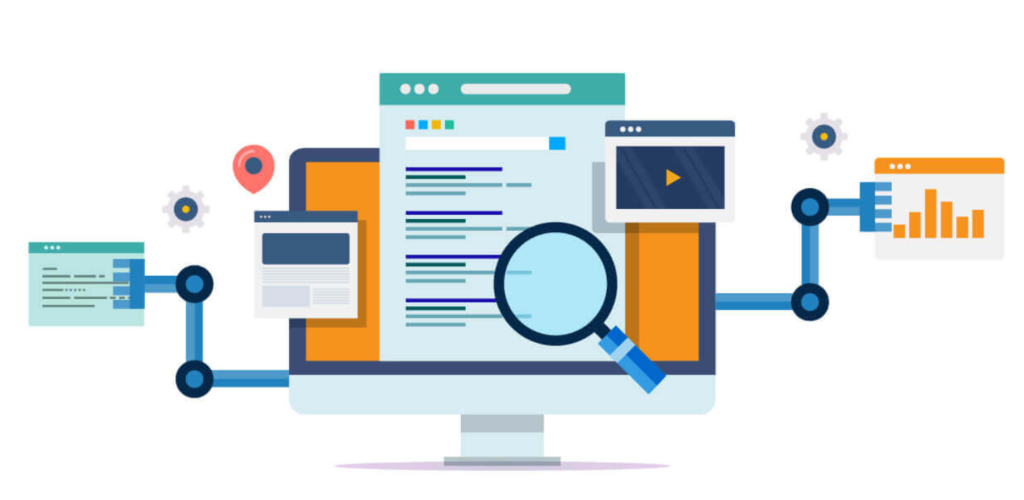Test automation has become a vital part of the software development life cycle. Software teams can perform repetitive tests that would take a long time to complete manually with the help of test automation tools.This allows considerable time and effort to be saved and improves test coverage and accuracy. But it is important to select the right automation tool for testing. This makes it imperative to do test automation tools comparison to find the right fit.
So, here we have listed top 5 test automation tools for your ease:
- Testsigma
Testsigma is an end-to-end test automation platform that offers web, mobile, API, and desktop app testing features. It has an intuitive recorder to record test scripts without coding. Testsigma also allows teams to control test cases, run test suites, and create detailed reports. Integration is offered with CI/CD tools such as Jenkins and automated defect logging in Jira.
Important benefits of Testsigma include AI-driven auto-healing test cases, the ease of maintaining scripts, and the scalability to run tests across various machines for parallel execution. The pricing model is a monthly subscription. Those looking for an intuitive automation solution should consider Testsigma.
- Selenium
Selenium can be used for the automation of web application testing across multiple browsers and platforms. Selenium offers a playback tool for authoring test scripts and APIs to code tests in different languages, including Java, C#, Python, etc.
The main advantage of selenium is its versatility. Tests can be incorporated into CI/CD pipelines, and there is an abundance of resources that could provide support. On the flip side, it is more technical than codeless tools. Selenium is great for people who can code.
- Cypress
Cypress is a JavaScript-based front-end test automation tool designed for simplicity and speed. It enables UI testing for web applications using browsers and headless mode. Cypress provides built-in capabilities like test runner, assertions, spies, stubs, and waits to streamline test creation.
Notable highlights of Cypress include time travel debugging to replay tests, automatic waiting to avoid false failures, and dashboards to view test results. Cypress offers open-source and paid versions. The tool is a great choice for web application testing.
- Katalon Studio
Katalon Studio is an integrated platform for test automation across web, mobile, and API testing. It provides a dual-scripting interface for both manual testers and coders. Katalon allows for the recording and playback of test scripts without programming. Tests can also be coded in Groovy and Java.
Integration capabilities, cross-browser testing, visual reporting, and CI/CD support provide end-to-end automation. Katalon is free for small teams and offers paid versions with more features for larger teams. The tool is beginner-friendly while also supporting advanced test automation capabilities.
- TestComplete
TestComplete from SmartBear is a Windows desktop application testing tool. It provides automated functional and regression testing for desktop, mobile, and web apps. Key features include record and replay test creation, object identification using AI, integration with bug tracking tools, and CI/CD support. TestComplete offers a free trial and paid licensing options for individual users, small teams, and enterprises. It’s a leading choice for automated testing of desktop applications.
Conclusion
Test automation is a critical practice for delivering quality software at speed. The top tools provide capabilities to automate different types of tests, integrate with CI/CD pipelines, and generate meaningful test reports. When doing test automation tools comparison, it’s important to consider your team’s technical expertise, types of apps under test, and budget. The platforms covered here represent leading options that can streamline and scale test automation for faster release cycles.

